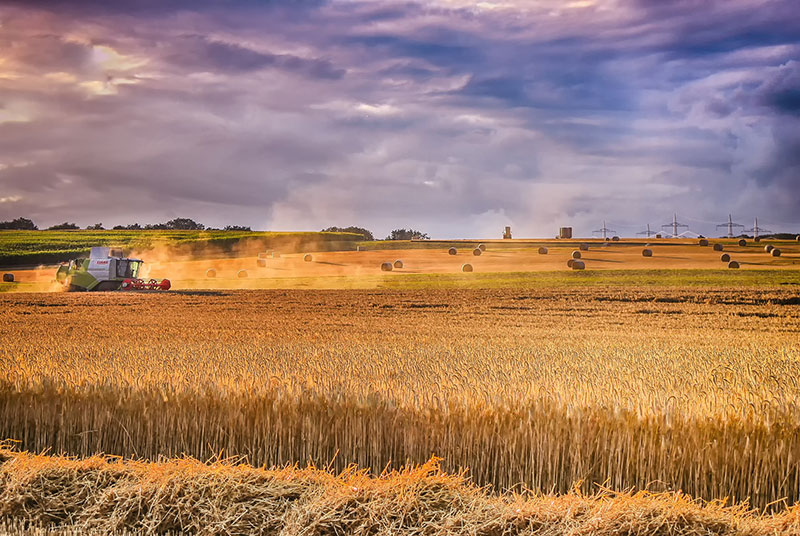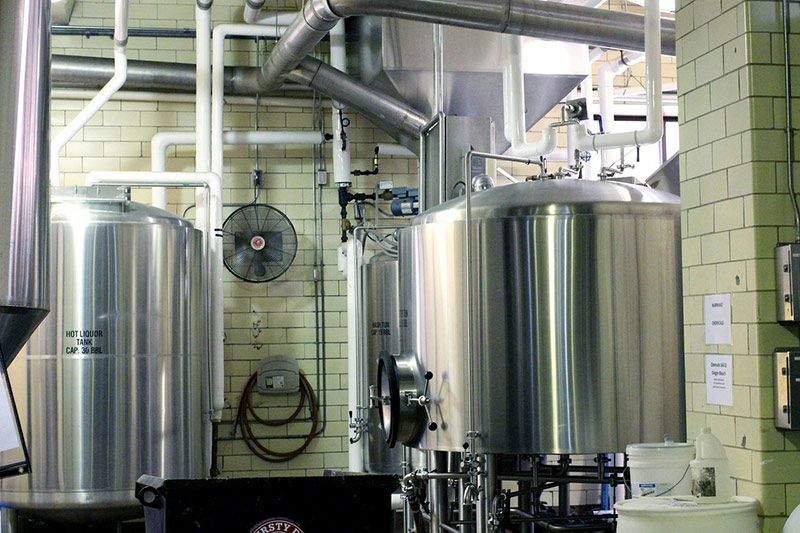
Dear Eartha, One of my favorite things about living in Colorado is all the local brewers. I love beer but I’m curious – how sustainable is beer brewing?
As a Summit County resident, you have many options when it comes to local brews. Sometimes, though, you may wonder if kicking back and having a few pints is harmful to the environment. And let’s face it — brewing beer does use a lot of water. In fact, the whole process involves around 100 parts water to create just one part beer, and almost all of that water usage takes place on the farms where grain is grown. If you’re not familiar, here’s a quick summary of how the process works.
Grain (mostly barley) is grown on a farm. That grain is taken to a brewery. Beer is produced and the leftover water is put back into the local water system after being treated, sometimes right at the brewery. You drink the beer and (hopefully) recycle the can or bottle it came in. The leftover grain is typically reused, too. This sounds pretty sustainable, right?
It is. However, not all the water used in the process is used efficiently. According to MillerCoors sustainability director Kim Marotta, 90 percent of beer-brewing’s environmental footprint happens on the agricultural side. The crops require water to grow and, often, that water is wasted, mostly due to inefficient irrigation practices. Breweries do have an interest in preserving the natural resource so they can keep the beer flowing, and therefore farmers and brewers are beginning to form mutually beneficial relationships to make the process more sustainable. For example, if a farmer who grows barley cuts his or her water consumption in half, that savings is likely passed on to the brewer and eventually the consumer. Brewers of every size are beginning to have conversations concerning these issues. In addition, a few brewers are now even actively working with their farmers to save water. For example, MillerCoors helped pay for irrigation system improvements at a producer’s farm. The investment saved the farm over 440 million gallons of water in three years, which in turn saved the farm 50 percent of its energy used to pump that water. The result was actually a better crop yield, and savings passed on to MillerCoors.
While large companies such as MillerCoors have the means to work directly with grain producers and even lobby for issues such as better water restrictions and the prohibition of pesticides on crops, smaller breweries should be commended for their attention to their local environment. For instance, some use geography to their advantage to increase conservation. In the High Country, rather than use energy, brewers can use naturally cool outdoor temperatures to their benefit during the beer chilling process. In Hawaii, Kona Brewing collects condensation from its air conditioner to water crops used for brewing.
Other common sustainability practices include purchasing renewable energy and turning the grain into flour for local purchase. A few brewers have begun treating their wastewater with a filtration bed made of living reeds before sending it back into the local water stream. Some brewers use stale bread, which would otherwise be thrown out, to brew. And what about spent grain? Most brewers allow farmers to compost the grain or feed it to their livestock, practically a tradition as it’s been done for hundreds of years in Europe and the U.S. However, many also bake it into bread, snack bars, or dog biscuits, and a few even burn the biomass to produce energy for their buildings.
In a manner of speaking, every brewery is sustainable in some form or another. They all find unique ways to give back to the environment. Moreover, brewers have access to a wealth of sustainability knowledge through the Brewers Association, an organization dedicated to small and independent brewers. So the next time you’re in your favorite brewery, ask how they practice sustainability and what they do with their spent grain. Ask if they’re working with a local farmer to save water. Chances are you’ll learn some interesting facts that might just make that Summit brews even tastier.


